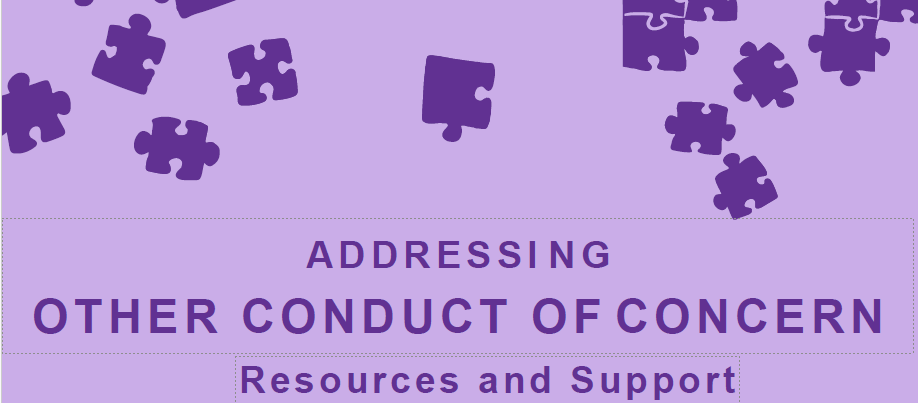
The CSU defines "other conduct of concern" as behavior or actions (such as abusive conduct, microaggressions, acts of intolerance, or other unprofessionalism) demonstrated by a member of the campus community or department that greatly impacts an individual's overall well-being to the point where it impairs their ability to fully participate in their educational or work environment. When left unaddressed, such conduct can damage campus well-being and undermine a culture of respect and inclusion.
OCC is conduct that is NOT a violation of CSU policies or local, State, or Federal laws.
Any member of the campus community may report behavior that they believe constitutes OCC, regardless of the individual's role.
Yes. As a member of the campus community, they call report Other Conduct of Concern.
In most cases, yes. However, anonymous reports may limit the university’s ability to follow up or respond fully.
While efforts are made to protect the identity of reporting parties, some situations may require disclosure for resolution efforts to proceed. This will be handled with care and in accordance with campus protocol.
A designated administrator will review the report, determine the next steps, and route it to the appropriate office. You will typically be contacted for more information and informed when the matter is resolved, as applicable.
Not usually. OCC does not involve formal discipline unless it overlaps with behavior that violates policy or law. Instead, interventions may include informal resolution, education, mediation, or supportive measures.
You can go directly to a supervisor or administrator, or you may submit an OCC report. Direct interaction between parties is encouraged but only when it is safe and appropriate to do so.
The CSU does not discipline legally protected speech, but we may still address the impact it has on others through education, awareness, and community response.
You can consult with a campus office (e.g., HR, Student Conduct, Equity & Inclusion) or submit a report. You are not required to categorize the behavior—campus professionals will assist in determining the best response.